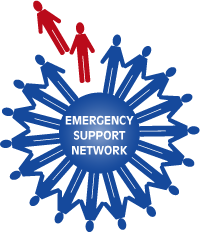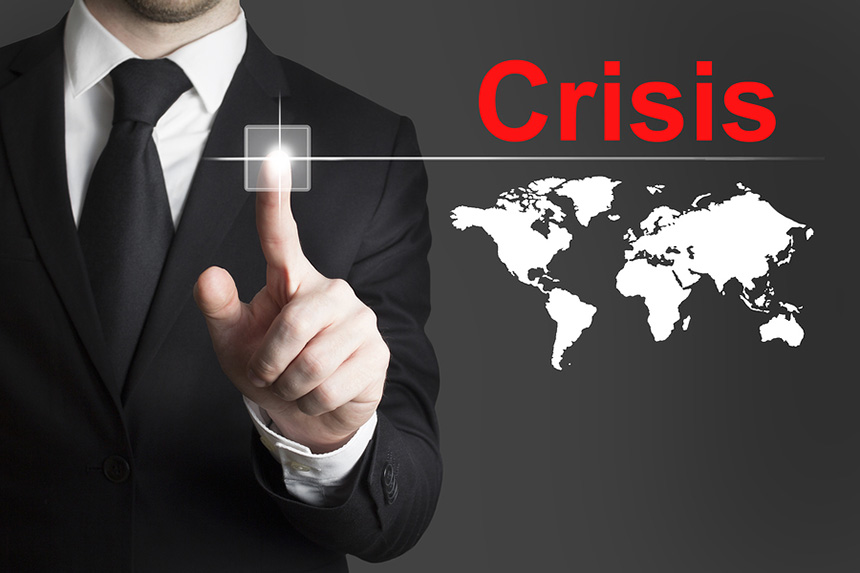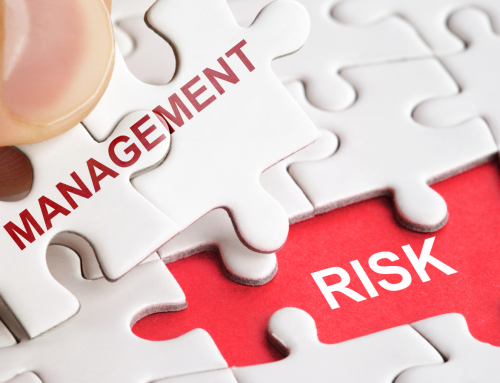Introduction
Controversy has abounded since the mid 90’s over the efficacy of Critical Incident Stress Management (CISM). Intended as multi-component staff support program, CISM has been extended well beyond the purpose for which it was designed as a support for emergency support workers in times of crisis and war. The use of CISM in a wider context has created debate as to the usefulness, and even possibility of harm. Prior to entering the debate, it is important to gain an understanding of the history, rudimentary elements of CISM and the precursors to the discord, (or debacle as some experienced practitioners may perceive).
Historical Perspective
Crisis intervention entered initially into the newly developing fields of neurology and psychology during the Franco Prussian War during 1870 – 1871. It was recognized that simple and supportive services, including talking about traumatic events were possibly helpful to war veterans. Over the next 100 years crisis intervention evolved into its own discrete field, as a consequence of wars or disasters and the desire to support people affected by these events. During these years, various labels were used to describe interventions designed to support and stabilize people in acute distress. These range from crisis / early psychological intervention, psychological / emotional first aid and critical incident stress management. Many of these are used interchangeably today to depict the supportive assistance provided by trained personnel. Although there are subtle differences, one commonality is that all describe a multi-dimensional approach to assisting others post-crisis. CISM as its own entity was defined by Mitchell in 1994, as a ‘multi-component, comprehensive, systemic, and integrated’ range of crisis support services. It shares many of the guiding principles of other approaches such as ‘proximity, immediacy, expectancy, brevity, simplicity practicality and innovation’.
The Debate
Although differing views, opinions and thoughts are no stranger to the field of psychology, rarely has such a debate ensued such as the one in relation to CISM. Mitchell claims that despite all of the criticisms over the past years, CISM has endured, grown and expanded. It is estimated that today there are over 1500 CISM Teams operating in over 30 countries, and for different occupational groups. So if CISM appears to be alive and well, why is there so much controversy about it? In my opinion, the controversy appears premised on a lack of understanding in relation to its purpose and intent. Some stems from misinterpretation of the actual studies based upon second hand accounts, flawed understanding of what actually was researched and in what context, and studies of altered processes for the purposes of examination. Fundamentally though, many people do not understand how the debate originated initially.
Origins
In 1996, the Royal Marines initiated a lawsuit against the British Government as they perceived that the Ministry of Defense had denied support services after both the 1982 Falkland Islands War and the 1990/91 Persian Gulf War with Iraq. It was stated that if they had been provided with support services such as crisis support and debriefing, that soldiers may have been prevented from developing PTSD (Post Traumatic Stress Disorder). As a risk management strategy, the British Government needed to protect itself from significant economic liability, and subsequently engaged Dr Simon Wessely to lead a team reviewing the research to disprove the value of debriefing services. Two reviews were tabled in 1998 and in 2002. The first reviewed six studies, two positive, two neutral and two negative, in relation to outcomes. However, not one of the studies actually researched CISD (Critical Incident Stress Debriefing) as a small group process. Despite this, the researchers concluded that debriefing did not work, would probably cause harm, and if it did not cause harm, then would not have been effective.
The Cochrane Review was severely criticised. As a part of the Cochrane Library, which prides itself on being independent and non-biased, when the initial review was found to have included two authors of studies in the review panel, a second review was commissioned. Again this review did not examine CISD and included one unpublished study. Not one study used by the review actually looked at the CISD group debriefing processes. Four population groups were used, individual auto accident victims, emergency room patients from house fires / falls / other traumas, birth mothers following difficult pregnancies, and burn / sexual assault / dog bite victims. This is a far cry from the actual intended usage for homogenous groups such as emergency, military, aviation personnel. As such the final verdict and Judgment was in favour of the British Ministry of Defence and against the Royal Marines. Since this time debate has continued to wage about the efficacy of debriefing.
Current Perspective
After the findings of the Cochrane Review and the lawsuit, it is perhaps a little intriguing as to the fact that the British Military are now using a version of Mitchell’s Model for service personnel. More interestingly, following research (Adler, 2008) the United States Army concluded that CISD does not cause harm and is preferred by soldiers over previous stress support strategies, and that CISD enhanced soldier / operational personnel perceptions of care and support by the command structures. One of the most astounding outcomes of this whole debate is the endorsement of CISM processes by the United Nations. While the debate was raging, the United Nations undertook to conduct a world-wide review of crisis intervention programs, due to the increasing emotional toll and increasing potential for illness and death among their staff. The research concluded that there were three crisis intervention systems that represented best practice world-wide, to be incorporated as a composite into their staff support program. These included the French Research Institute for Education and Research on Traumatic Stress based in Paris (headed by Dr Louis Crocq), International Critical Incident Stress Foundation based in Maryland (co-founded by Mitchell), and the American Academy of Experts in Traumatic Stress based on Long Island (headed at the time by Dr Mark Lerner). The United Nations staff support program is termed the Critical Incident Stress Management Unit (CISMU).
Conclusion
CISM has been the subject of much debate, misunderstanding, and controversy over the past few decades. With origins as stress support processes for emergency support workers, this has expanded to being used across a range of people and purposes. In recent times, despite the findings of the two Cochrane Review’s, CISM has found credibility and confirmation with the recognition by a world body in the United Nations.
(Adapted from Jeffrey T. Mitchell, ‘From Controversy to Confirmation: Crisis Support Services for the Twenty-First Century’, International Journal Of Emergency Mental Health, Vol. 10, No. 4, 2008.)





